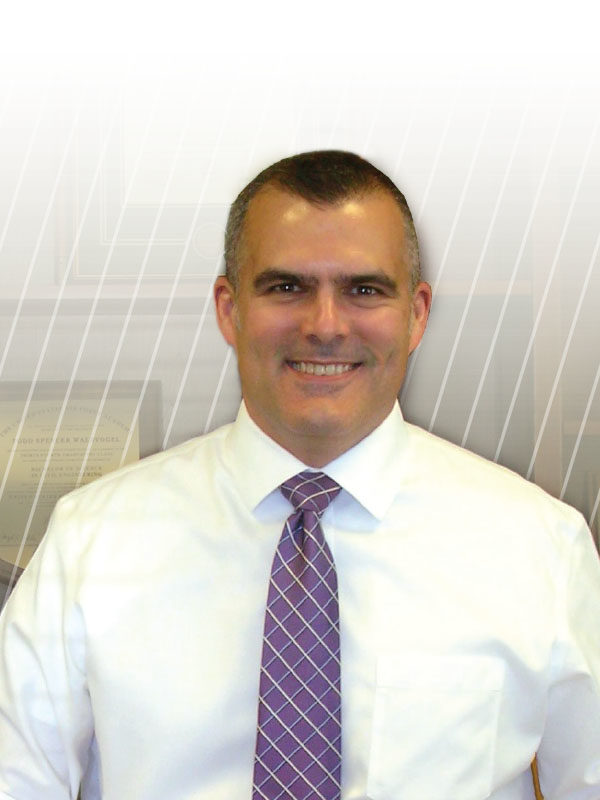Last year, Lt. Col. Todd S. Waldvogel traded a 20-year military career for a university position. “I appreciate every assignment the Air Force gave me, but with a young family, I just decided it was time to move on,” he explains. “Deployments can be challenging for the family. This was a nice opportunity for us to settle down.”
The associate vice chancellor for facilities at Texas Christian University (TCU) in Fort Worth, Waldvogel and his wife Angela have two girls, seven and four.
How does working for a university compare to the Air Force?
The nature of what I do is very similar. In the Air Force, I worked on constructing, maintaining, and repairing the infrastructure for the base, a necessary component to supporting the mission of “fly, fight, and win.” At TCU, we are in a renaissance period with a lot of construction going on. All of this construction supports the educational mission of the university.
Did you find the career transition difficult?
No, although I have noticed differences in the culture.
Such as?
Much of what we do in higher education seems to be for the long haul. In the military, everything is on a one- to two-year cycle. It’s very high tempo. Threats and risks change fast. Here, the work is the same, but the stress level doesn’t seem to be quite as intimidating.
Ever have any close calls while in the Air Force?
I spent a little time in Iraq, which is certainly not as fun as Fort Worth. Most of my business was “inside the wire,” as we would say, so I had the luxury of being in a protected perimeter.
How does the military’s leadership style, where every order that is given must be obeyed, translate into a university setting?
The military has a very defined chain of command, but to think that everything is rank and file is a little simplistic. To be an effective leader in any organization, you have to partner with folks, have the right expertise, and steer the organization, rather than just direct it. Collaboration and mutual respect are necessary tools in any environment.
Is that how you choose to make decisions?
As an engineer, I like to have as many facts as possible. We have wonderful staff here, so it’s a great opportunity to collect their expertise, experience, and perspectives, do a quick run-through of the pros and cons, and then make a decision.
Would you recommend that your children go into the military?
As a parent, I would prefer not to see my children in harm’s way. That said, my wife and I hope to raise them to be successful and independent people who can decide for themselves. I’m very proud of my service and if that’s what my girls want to do, of course, we would support them.
What do you do for personal renewal?
My focus is on time with the family, camping trips or bicycle rides, anything I can do with my wife and kids. They’re not going to be four and seven forever.
Any advice for business officers about facilities management?
Invest in what you have and maintain it very well. As much work as we’re doing in new construction, we’re equally proud of the daily maintenance and repair and sustainment of the facilities we have. It doesn’t do your reputation any good if you have a shiny new building, but the one across the street is falling apart.
I would challenge organizations to invest time and thought into what their infrastructure does for them and how to make the best use of it. Despite a proliferation of online capabilities, I doubt we will start divesting the physical university. There is something very important to be gained from personal interaction, to meeting other students at the coffee shop after class. There’s more to education than 50 minutes in the classroom.
MARGO VANOVER PORTER, Locust Grove, Virginia, covers higher education business issues for Business Officer.



